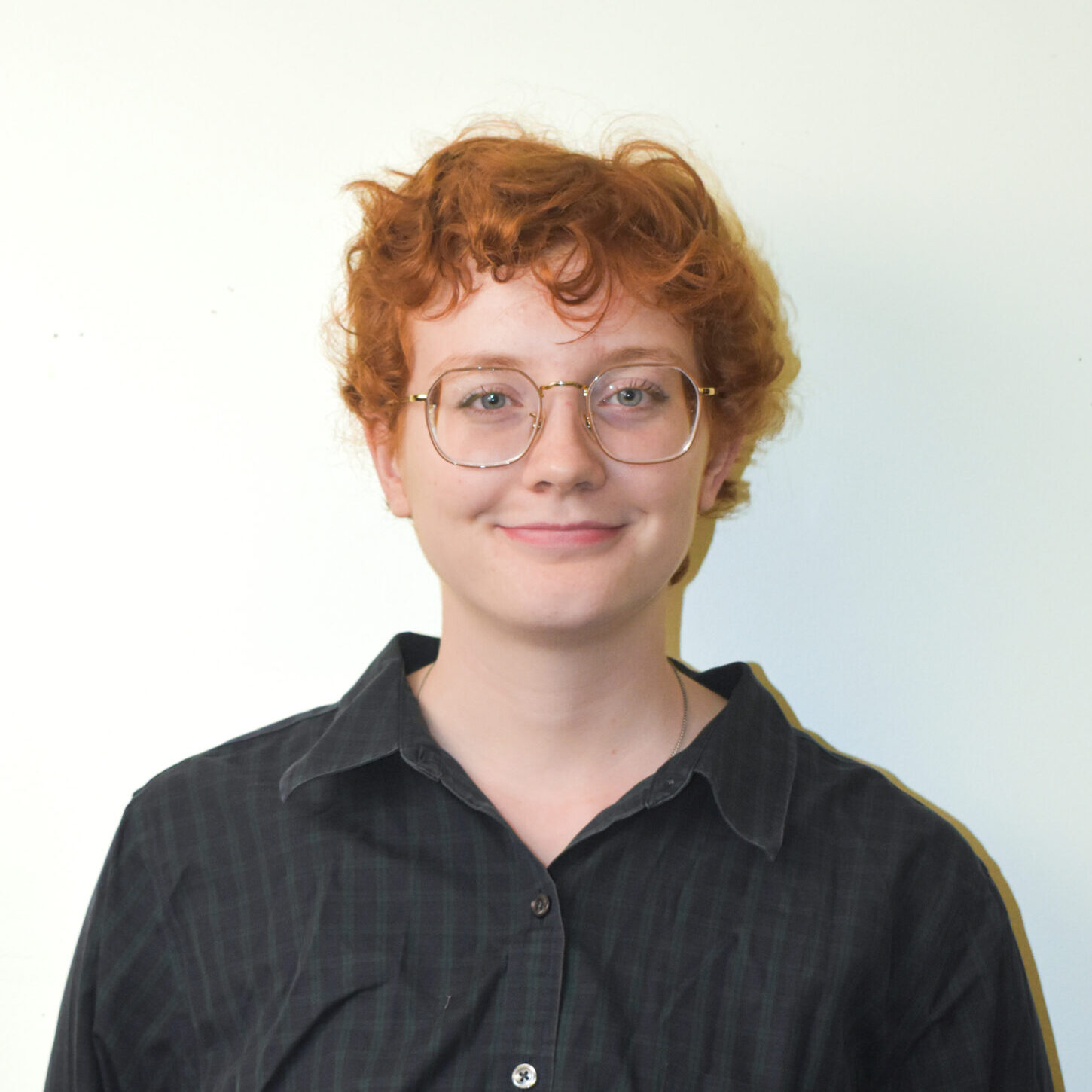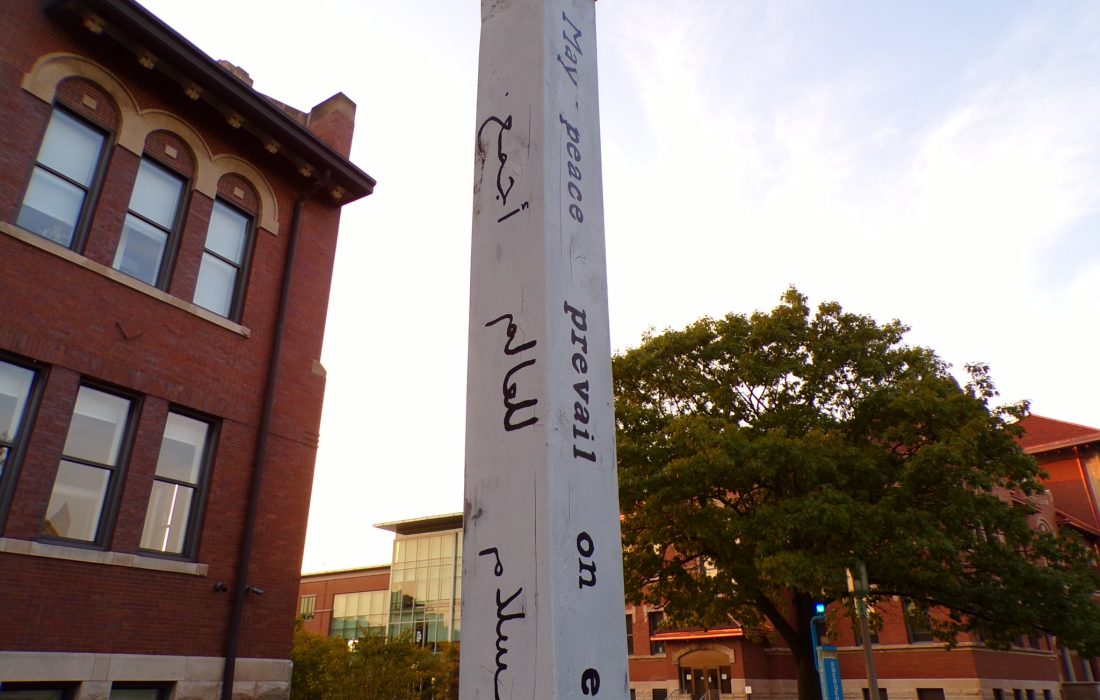Deputy Arts and Crossword Editor Mao Reynolds argues for the necessity of a Linguistics major at Loyola.
Loyola, Watch Your Language — Get a Linguistics Major
When I was a bored 7-year-old riding in the back of my family’s van, I didn’t want a movie or video game to kill time — I only needed a book and some paper. Whether I was reading about Irish mythology and fantasy worlds or making up alphabets and secret codes, language was the only tool I needed to unlock my imagination.
Language is vital to the world. It informs our laws, our identities and our everyday lives. If Loyola wants to keep up with the rest of society, it should offer a linguistics major.
Hundreds of universities across the country — including every Ivy League college — have linguistics programs, according to the U.S. News & World Report. Loyola has no program, instead offering just a few courses centered around linguistics.
So-called soft sciences like linguistics are commonly criticized, as skeptics claim they’re not practical for a career. But, in reality, linguistics is applicable to any occupation. Linguistics doesn’t limit itself to one language — it studies the science, evolution and culture of all languages.
Understanding linguistics means understanding communication, coding, biology, anthropology, sociology, history and art. Linguistics is far from useless — it’s interesting, fulfilling and potentially lucrative.
Linguistic skills are especially important for a multicultural city like Chicago. Around 35% of Chicagoans speak a language other than English at home, according to the U.S. Census Bureau, and over 40 languages are spoken across the city, according to WBEZ Chicago. Studying the linguistic diversity here makes us better citizens and neighbors.
Loyola’s Modern Languages and Literatures Department offers courses on 12 different languages and is the institutional host of the Midwest Modern Language Association. Adding a linguistics major could strengthen these programs and distinguish Loyola as a language powerhouse.
There’s a bittersweet beauty in the history of linguistics — how the origin of some words are still a mystery, how languages have survived centuries of oppression, how we’ve managed to create so many terms to describe love for each other. The raw humanity of language can’t be captured by artificial intelligence, which is why robots can’t take this job — we have to do it ourselves.
The advent of AI has put students and professors on the alert due to its potential to overwhelm academia. Universities have struggled with tackling the use of AI in education, whether the use is good or bad, according to Forbes.
As renowned linguist Noam Chomsky wrote in an op-ed for The New York Times, AI can’t balance creativity and morality like humans do. Our self-imposed linguistic rules — especially in English, a Frankenstein’s monster of a language with irregular plurals and the “royal adjective order” — make us who we are.
Linguistics are essential to the past, present and future. If Loyola wants to consider itself a prestigious university ahead of the curve, it should recognize this and start working on a linguistics program.
-

Mao Reynolds is a fourth-year majoring in Multimedia Journalism and Italian Studies. He is Deputy Arts Editor and Crossword Editor for The Phoenix. When he’s not writing about the diversity of Loyola student life or reviewing neighborhood spots, he likes bragging about being from the Northeast and making collages from thrifted magazines.
View all posts










